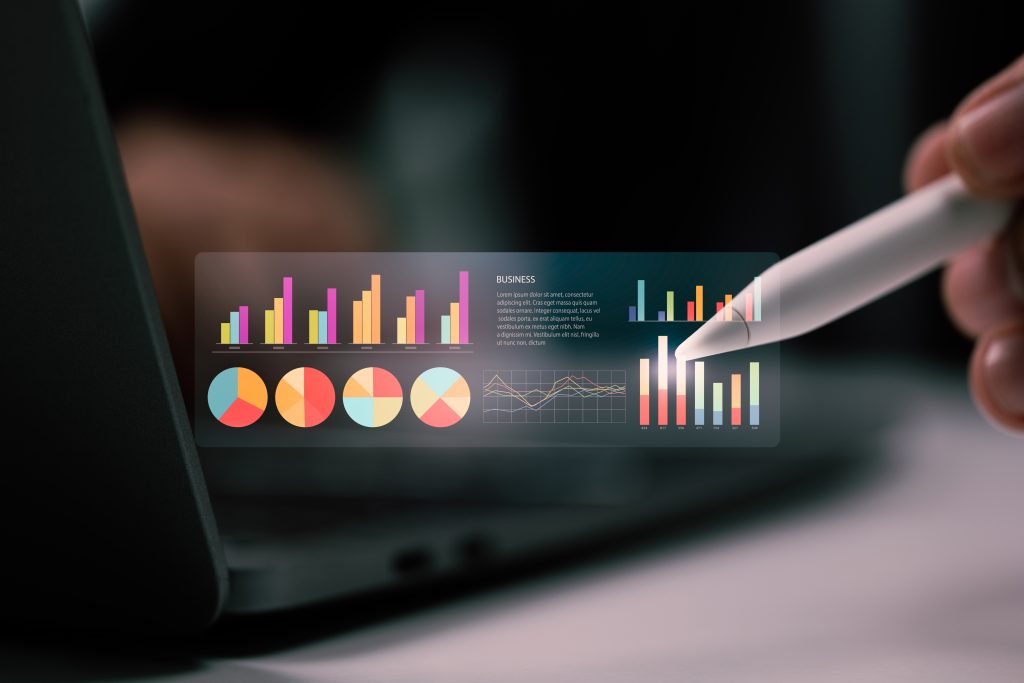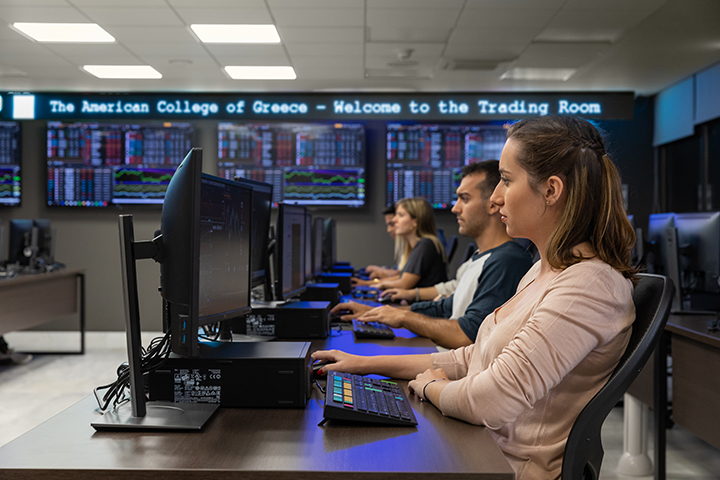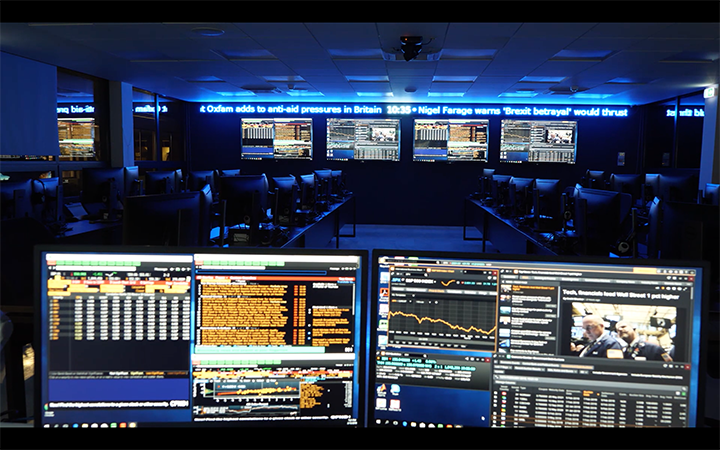
Our Research Objectives
O1. To advance knowledge in maritime transport, transport systems and supply chain management by conducting cutting-edge research that addresses current and future industry and societal challenges.
O2. Contribute to policy and regulatory frameworks that support sustainable maritime practices and international logistics.
O3. Foster collaboration between academia, industry, and policymakers to address real-world challenges in maritime transport and supply chain management.
Current Research Funding and Grants
The MTSCM Research Team is actively pursuing research grants, including the European Commission’s HORIZON programs, EU COST programs, ERASMUS+ programs, INTERREG, and other national and international calls for proposals in collaboration with external partners. We are always open to new collaborations at the global level, so please contact us if you are interested.
- 2022: ACG-RC research project funded under the Erasmus+ Programme of the European Commission. Title: REthinking and FOstering Competence and skills for sUstainable transport, Shipping, and logistics (REFOCUS), Erasmus+ Project under the call KA220-HED – Cooperation partnerships in higher education, 2022 (Contract # 2022-1-EL01-KA220-HED 000087737 (https://refocus-project.eu)
- 2022: “1st Maritime Academy at Pierce Elementary,” funded by Lloyds Registry for the academic year 2022-2023
- 2023: “2nd Maritime Academy at Pierce Elementary,” funded by Zephyros Maritime for the academic year 2023-2024
Facilities-Laboratory Infrastructure-Resources


Simulated Trading Room
In congruence with the College’s commitment to a student-centered academic environment, the ACG Simulated Trading Room replicates a real-world trading experience, widening students’ knowledge of financial services, enhancing faculty research output, increasing employability of ACG graduates, as well as promoting awareness of financial markets in Southeast Europe. As a pedagogic tool, the Simulated Trading Room increases engagement of students in the learning process through the creation of an academic environment that simulates a professional financial environment. In that sense, the Simulated Trading Room is an integral part of the teaching and learning process and the epitome of experiential learning. Modules that primarily use the STR are electives in economics under the US program.
Construction of the Simulated Trading Room was completed as part of a US funded project. The Room features 25 PC stations with dual monitors, 2 interactive ultra-short throw projectors, one instructor document camera, one high definition PTZ conference camera, satellite TV, 4 (65”) TVs, integrated sound system with wireless instructor microphone, 27 feet Full Color LED Ticker display with access to stock information, full high speed wireless connectivity, video conferencing; in addition the Simulated Trading Room is equipped with the following software: Bloomberg, Thomson Reuters EIKON database (formerly Datastream), Thomson Reuters closed group dealing system (unique in an academic environment), NASDAQ Morning Star , TRADEREX (or other trading-for-educational purposes platform), STATA, SPSS, Matlab, and Eviews. Thus, the Simulated Trade Room provides students with unique training in Greece and a competitive edge in the domestic and international job markets.
Select Publications
Please see below selected publications:
- Andrikopoulos A., Merika A and Sigalas C. (2022). Net Asset Value discounts and premiums in maritime shipping industry. European Financial Management, 28(2): 510-544.
- Andrikopoulos A., Merika A., Merikas A. and Sigalas C. (2021). Related party transactions and principal-principal conflicts in public companies: Evidence from the maritime shipping industry. Transportation Research Part E: Logistics and Transportation Review, 145.
- Gerakoudi, K., Kokosalakis, G., & Stavroulakis, P. J. (2024). “A machine learning approach towards reviewing the role of ‘Internet of Things” in the shipping industry. Journal of Shipping and Trade, 9(1), 19.
- Gerakoudi-Ventouri, K. (2022). Shipping managers’ information behavior during a pandemic crisis. Maritime Business Review, 7(2), 109-126.
- Gerakoudi-Ventouri, K. (2022). Review of studies of blockchain technology effects on the shipping industry. Journal of Shipping and Trade, 7, 1-18.
- Kokosalakis G., Merika A., Triantafullou A., Energy Efficiency & Emissions Control: The Response of The Second-Hand Containerships Sector, Energy Economics, Vol 100, 2021.
- Kokosalakis A. Merika, X, Merika A., “Environmental regulation on the energy-intensive container ship sector: a restraint or opportunity?” Marine Policy, Vol. 125, 2021.
- Mantzari E., Merika A. and Sigalas C. (2023). Determinants and effects of trade credit financing: Evidence from the maritime shipping industry. European Financial Management.
- Sigalas C. (2024). Resource allocation choices in asset-intensive industries. European Management Review.
- Sigalas C. and Gerakoudi K. (2024). Idiosyncratic factors that shape shareholder reward policies in capital intensive companies. The European Journal of Finance.
- Stavroulakis, P. J., Georgoulas, D., Gerakoudi-Ventouri, K., Iosifidi, G., & Papadimitriou, S. (2024). “Sustainable maritime legislation: The case of the International Ship and Port Facility Security Code.” WMU Journal of Maritime Affairs, 1-28.
- Tsirimpa, A., Polydoropoulou, A., Pagoni, I., Tsouros, I. (2019). A reward-based instrument for promoting multimodality. Transportation Research Part F: Psychology and Behaviour, 65, 121-140.
- Polydoropoulou, A., Pagoni, I., Tsirimpa, A., Roumboutsos, A., Kamargianni, M., Tsouros, I. (2020). Prototype Business Models for Mobility-as-a-Service. Transportation Research Part A: Policy and Practice, Volume 131, pp 149-162.
- Ioannis Tsouros, Athena Tsirimpa, Ioanna Pagoni, Amalia Polydoropoulou, MaaS users: Who they are and how much they are willing-to-pay, Transportation Research Part A: Policy and Practice, Volume 148, 2021, Pages 470-480, ISSN 0965-8564.
- Tsirimpa, A., A. Polydoropoulou, I. Tsouros (2019). Route choice preferences: Insights from Portuguese freight forwarders and truck drivers. Journal of Transportation Planning and Technology, Volume 42, Issue 7, 2019.

